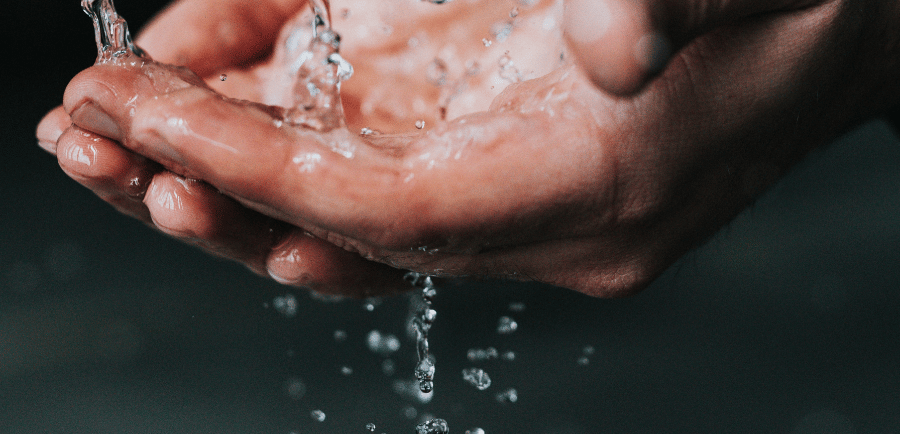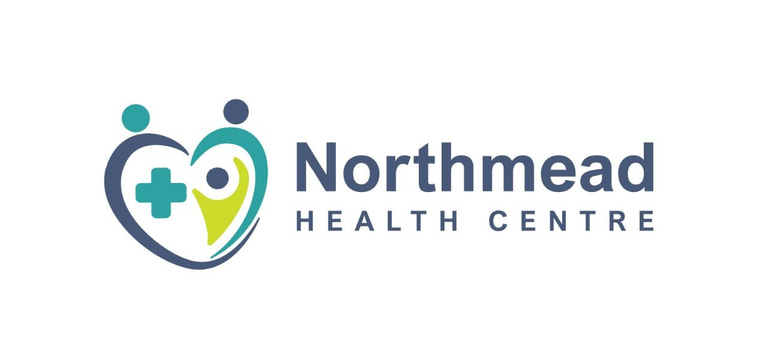Stay Hydrated, Get Accurate: Why Water Matters Before a Blood Test
Hydration is one of the most overlooked factors in getting accurate blood test results.
11/9/20252 min read


You’ve fasted for 12 hours, arrived at the lab on time, and are ready for your blood draw — but have you thought about your water intake? Hydration is one of the most overlooked factors in getting accurate blood test results. Even mild dehydration can distort your readings, leading to confusion, incorrect results, or unnecessary repeat tests.
The Science: How Dehydration Affects Your Blood
When your body is dehydrated, your blood becomes more concentrated because there’s less plasma (the liquid part of your blood). Imagine a crowded room — with less space, everything becomes packed tighter. This can cause certain results to appear higher than they really are:
Red Blood Cells & Hemoglobin: Levels may seem elevated, suggesting a condition like polycythemia.
Creatinine & BUN: These kidney markers can spike temporarily, mimicking kidney issues.
Electrolytes: Dehydration can throw off sodium and potassium levels, giving a misleading picture of your electrolyte balance.
Glucose: Severe dehydration may raise blood sugar readings, sometimes falsely suggesting diabetes.
Fasting Doesn’t Mean “No Water”
If your test requires fasting (usually 8–12 hours for glucose or cholesterol), you should still drink water. Water keeps your plasma levels stable, ensuring your results reflect your true health. Skipping water during fasting can make your blood thicker and your readings less reliable.
How Much Water Should You Drink?
There’s no strict rule, but staying consistently hydrated is key. Drink water throughout the day before your test, and have a glass about an hour before your appointment. Not only does this help your results, but it also makes it easier for the phlebotomist to find your vein.
Quick Checklist for Your Next Blood Test
✅ Drink plenty of water in the 24 hours leading up to your test.
✅ Follow your doctor’s fasting instructions carefully.
✅ Keep drinking water while fasting — it’s allowed and encouraged.
✅ Let your phlebotomist know if you’ve been feeling dehydrated.
A simple glass of water might not seem like much, but it can make all the difference between an accurate diagnosis and a misleading one. So, before your next blood test, don’t just focus on what you can’t eat — remember to drink up!

